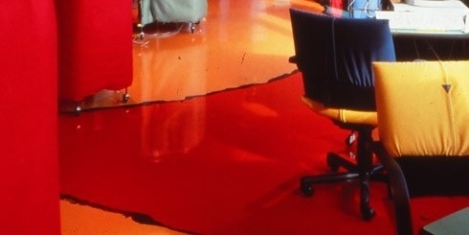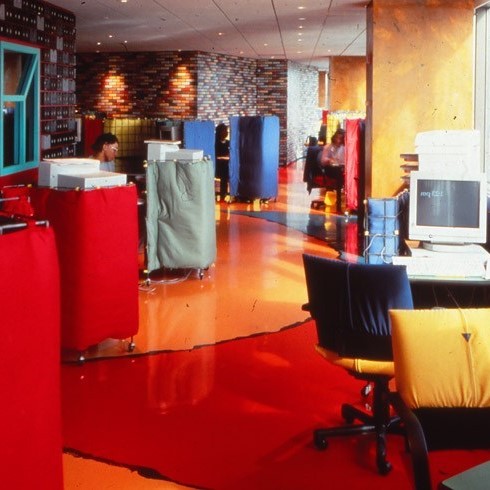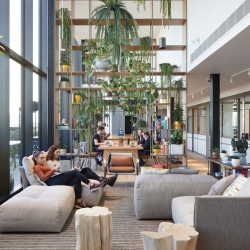April 30, 2024
US employee engagement plummets to lowest level in over a decade
 American workplaces are facing a crisis of disengagement. A report by Gallup claims that employee engagement in the U.S. has sunk to its lowest point in more than a decade, marking a concerning trend with significant implications for businesses across the country. The study, which began tracking employee sentiment in 2023, identified a growing disconnect between workers and their employers. Employees reported feeling a lack of clarity in their roles, lower overall satisfaction with their organizations, and a weaker connection to their companies’ missions. They were also less likely to feel valued and supported by their colleagues and superiors. (more…)
American workplaces are facing a crisis of disengagement. A report by Gallup claims that employee engagement in the U.S. has sunk to its lowest point in more than a decade, marking a concerning trend with significant implications for businesses across the country. The study, which began tracking employee sentiment in 2023, identified a growing disconnect between workers and their employers. Employees reported feeling a lack of clarity in their roles, lower overall satisfaction with their organizations, and a weaker connection to their companies’ missions. They were also less likely to feel valued and supported by their colleagues and superiors. (more…)


































April 29, 2024
Stress, anxiety and a beamish response to it all
by Mark Eltringham • Comment, Legal news, Workplace